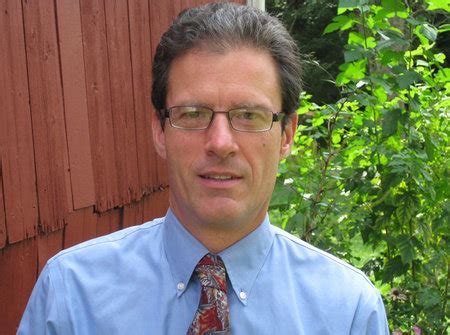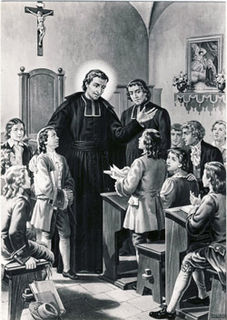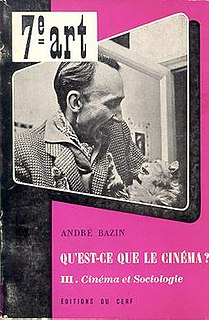A Quote by Paulo Coelho
Physical elegance comes from the body. This is no superficial matter but rather the way that man found to honour the way he places his two feet on the ground.
Related Quotes
It is God's earth out of which man is taken. From it he has his body. His body belongs to his essential being. Man's body is not his prison, his shell his exterior, but man himself. Man does not "have" a body; he does not "have" a soul; rather he "is" body and soul. Man in the beginning is really his body. He is one. He is his body, as Christ is completely his body, as the Church is the body of Christ
And he supposed it might not be the best of days. But then, he was flying the mails and was not expected to squat on the ground like a frightened canary every time there was a cloud in the sky. If a pilot showed an obvious preference for flying only in the best conditions he soon found himself looking for work. This was the way of his life and he had always ascended when others had found excuse to keep their feet on the ground.
Man's origin was as spirit, not a physical body. These souls projected themselves into matter, probably for their own diversion. Through the use of his creative powers for selfish purposes, man became entangled in matter and materiality to such an extent that he nearly forgot his divine origin and nature.
I suspect it was...the old story of the implacable necessity of a man having honour within his own natural spirit. A man cannot live and temper his mettle without such honour. There is deep in him a sense of the heroic quest; and our modern way of life, with its emphasis on security, its distrust of the unknown and its elevation of abstract collective values has repressed the heroic impulse to a degree that may produce the most dangerous consequences.
Physical aggression by a man toward his partner is abuse, even if it happens only once. If he raises a fist; punches a hole in the wall; throws things at you; blocks your way; restrains you; grabs, pushes, or pokes you; or threatens to hurt you, that's physical abuse. He is creating fear and using your need for physical freedom and safety as a way to control you.
The Head and the body are Christ wholly and entirely. The Head is the only begotten Son of God, the body is His Church; the bridegroom and the bride, two in one flesh. All who dissent from the Scriptures concerning Christ, although they may be found in all places in which the Church is found, are not in the Church; and again all those who agree with the Scriptures concerning the Head, and do not communicate in the unity of the Church, are not in the Church.
The essential factor in the transition of the baroque to photography is not the perfecting of a physical process... rather does it lie in a psychological fact, to wit, in completely satisfying our appetite for illusion by a mechanical reproduction in the making of which man plays not part. The solution is not to be found in the result achieved, but in the way of achieving it.
At physical death man loses his consciousness of the flesh and becomes conscious of his astral body in the astral world. Thus physical death is astral birth. Later, he passes from the consciousness of luminous astral birth to the consciousness of dark astral death and awakens in a new physical body. Thus astral death is physical birth. These recurrent cycles of physical and astral encasements are the ineluctable destiny of all unenlightened men.
On the one hand, man is a body, in the same way that this may be said of every other animal organism. On the other hand, man has a body. That is, man experiences himself as an entity that is not identical with his body, but that, on the contrary, has that body at its disposal. In other words, man's experience of himself always hovers in a balance between being and having a body, a balance that must be redressed again and again.





































